Daily habits that help avoid colds and flu
Taking precautions and getting into health-promoting habits now could make a difference when it comes to lessening the impact of certain germs. Although getting sick is always a possibility, at the very least, adopting these habits could put your mind at ease knowing you’re doing your best to stay healthy. Here are the specific things experts and people who rarely get sick swear by.

They press elevator buttons with their elbow
Everyday actions can raise your risk of catching a cold—and that includes touching surfaces that many, many other people have touched. Partha Nandi, MD, a leading physician, and author of Ask Dr. Nandi, advises avoiding touching common surfaces when possible. Even after you wash your hands, “use a paper towel to turn off the faucet,” he says. (These are the nine signs a cold is coming—and how you can stop it.)

They drink enough water
Great things happen to your body when you drink enough water, one of which is flushing out germs that could make you sick. “Stay hydrated,” advises Renee Miranda, MD, a family medicine physician at The Ohio State University Wexner Medical Center. How do you know how much to drink? “Take your weight in pounds, divide in half, and this is approximately how many ounces of water you need a day,” she says. “For example, someone who is 150 pounds needs about 75 ounces of water a day.”
They don’t skimp on sleep
When you don’t sleep enough, studies have found that your immune system suffers, and you’re more prone to getting sick. “Sleep is one of the most important things we can do for the body,” Dr. Miranda says. “When we sleep, the body gets a chance to recuperate, repair, and rejuvenate.” She recommends getting at least six to eight hours of sleep a night. (These 32 everyday mistakes raise your risk of catching a cold.)

They disinfect their phones and car keys
Your phone screen is way dirtier than you thought it was, because it picks up germs from whatever surfaces you lay it down on throughout the day. Plus, your hands can transfer germs to your phone as well as other objects you touch regularly but probably don’t clean, like your car keys or computer keyboard. “When someone in the house is sick, I sanitize surfaces you don’t usually think of: doorknobs, faucets, toilet flusher, light switches, phones, and remotes,” says New Jersey mom Genna Banafato. Dr. Nandi advises using bleach-free disinfecting wipes to clean keyboards and other surfaces at the office. “Use disinfecting wipes to wipe down things that others use,” he says.

They get a flu shot
A flu shot is probably the most important barrier between you and the flu. According to the Centers for Disease Control and Prevention (CDC), the single best way to protect against the flu is to get vaccinated every year. “Of utmost importance, make sure you are up to date on all your vaccines,” says Dr. Miranda. The flu shot isn’t perfect, but it’s your best bet. Flu shots may not protect against every strain of the virus and you may still get sick—you just will have milder symptoms than you would if you didn’t get the shot.
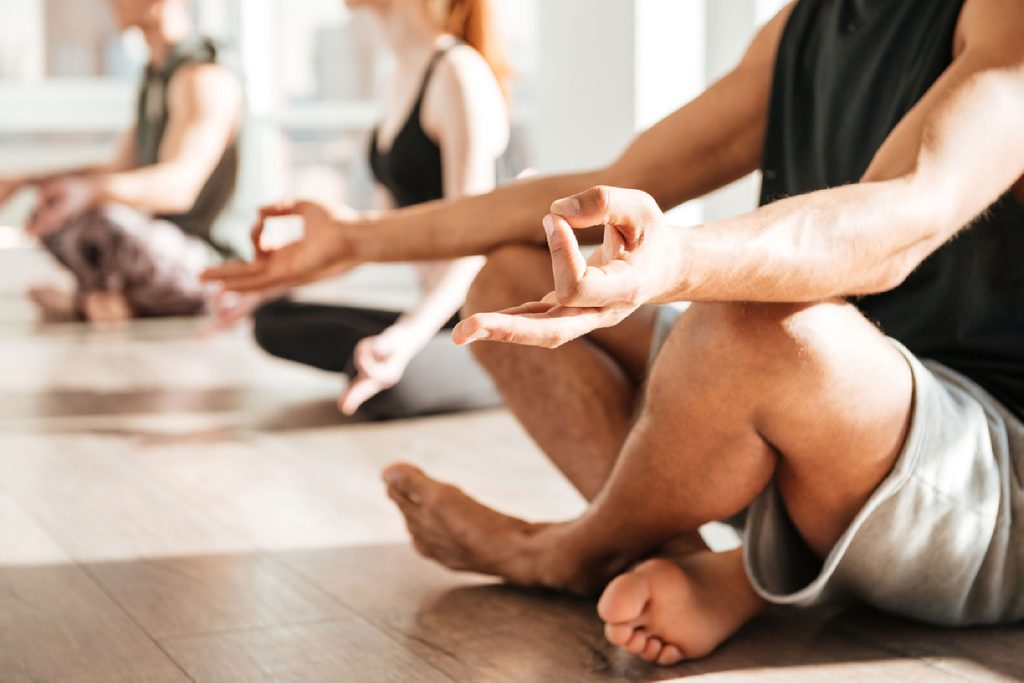
They practice yoga or meditation
A review of decades of research published in Psychological Bulletin found that stress does indeed have a negative impact on your immune system. “My husband rarely gets sick, and I think it’s because he’s rarely stressed,” says Kacia Putnam of Morristown, New Jersey. To boost your immune system, “manage your stress,” says Dr. Miranda. “Start with some form of breathing exercises or meditation practices daily to help reduce stress levels.” Frank Lipman, MD, bestselling author and founder of Be Well and the Eleven Eleven Wellness Center in New York City, also advises meditation, while Dr. Nandi suggests yoga to help manage stress levels.
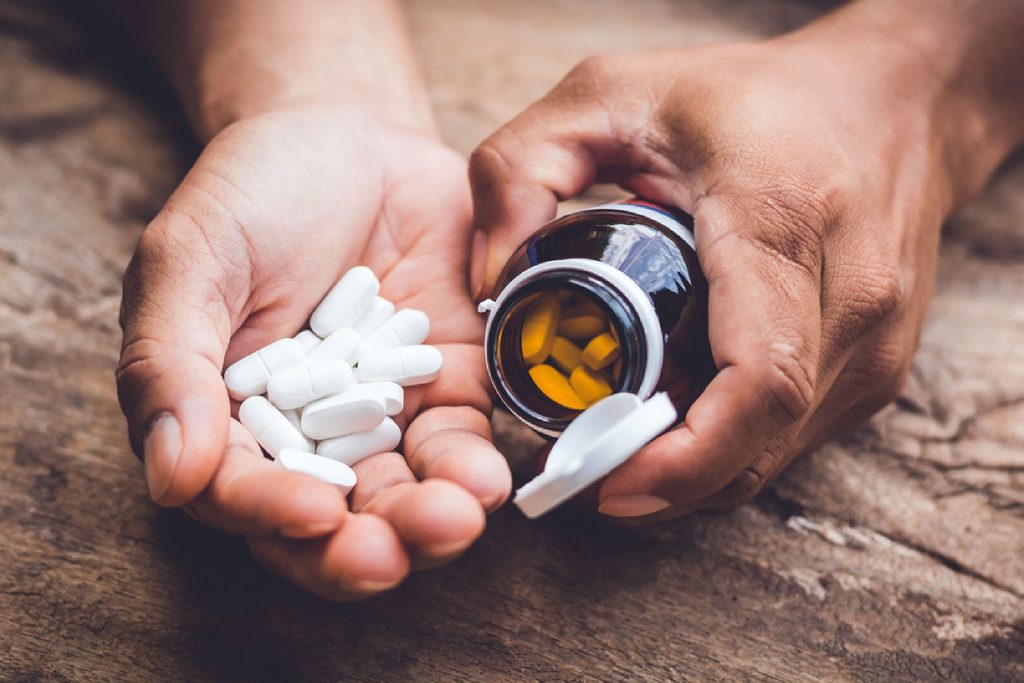
They take zinc
Vitamin C is not that effective for colds—but what about zinc? Study results have been mixed, but a review in Open Forum Infectious Diseases found that those who took zinc within the first 24 hours of symptoms had a shorter duration of colds. “If you do take zinc, take it in the form of a syrup or lozenge, which allows it to stay in the throat where it can come into contact with a virus like a cold,” says nutrition and fitness expert Erin Palinski-Wade, RD, CDE, author of Belly Fat Diet for Dummies. “Zinc nasal sprays are not recommended as they may result in a loss of smell.”
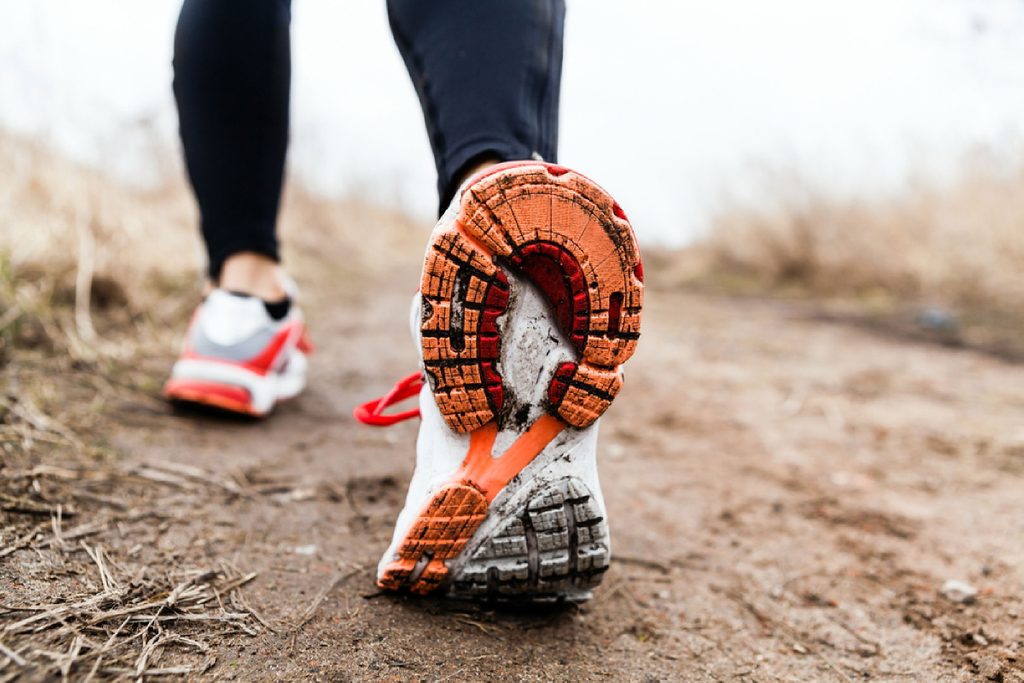
They get outside
Even when it’s cold out, there are snowy day activities the whole family can enjoy—and they may even help prevent you from getting a winter bug. “Getting outside for a change of scenery, going for a walk on a trail, and breathing fresh air promotes a more active lifestyle, helps with circulation, provides stress relief, and improves well-being,” Dr. Miranda says. “It’s not uncommon that many of us are sitting in front of a computer screen, TV, or mobile phone for many hours of the day, and sitting for long periods of time promotes a sedentary lifestyle.” In warmer weather, Dr. Lipman also suggests bike riding and walking barefoot on the earth to connect with nature. (These are the nine ways people make their cold or flu worse.)

They drink hot water
While any hydration is beneficial, there are surprising benefits of drinking hot drinks, including helping you if you get sick. Some research shows it can improve mucus flow throughout nasal passages, helping to reduce sinus symptoms. In addition to hot tea, Dr. Nandi suggests, “Drink warm water with raw honey added to it, add some organic lemon juice to the warm water with honey, or drink warm water with cinnamon stick in it.”
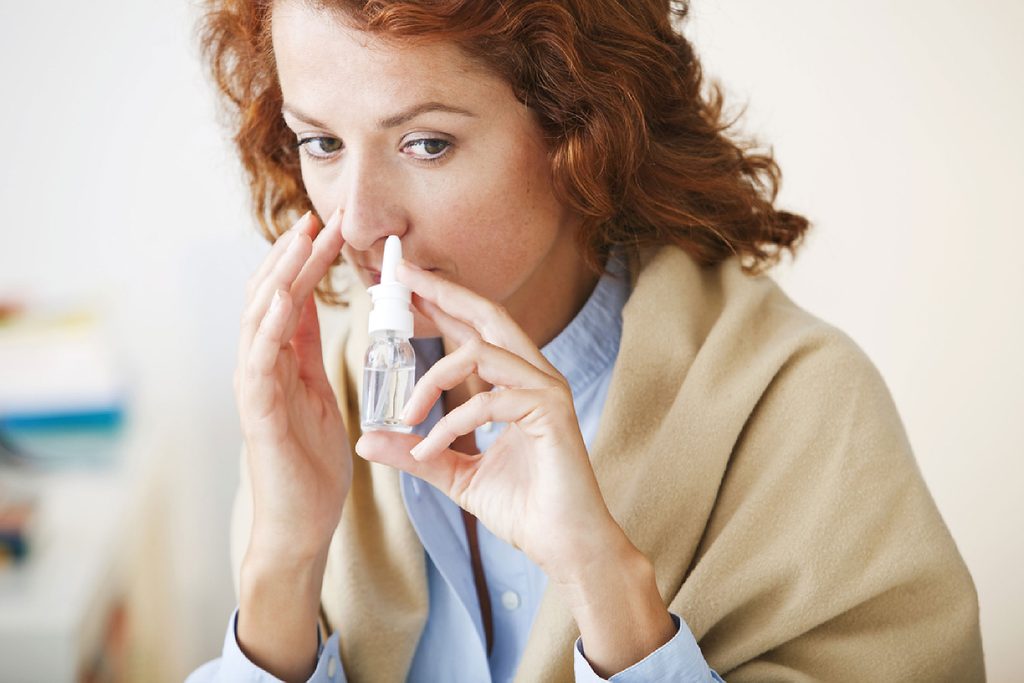
They flush out their nose
Nasal irrigation may have some benefit in avoiding nasal infections. Because germs that cause the infections are airborne, “reducing exposure is as simple as rinsing the internal nostrils with pure saline wash,” says medical herbalist Tami Bronstein, owner of The Medical Herbalist Apothecary. “Angle the spray nozzle into the inner tip of the nose—this is where the rhinovirus replicates, so you can interrupt its multiplication.” (Here are the neti pot safety tips you should know.)

They try essential oils
“When I feel like I am coming down with something, I put a couple of drops of essential oils on my body and start to feel better within a couple of hours,” says Carla Tappen of Morristown, New Jersey. “My favorites to boost the immune system is oregano and Thieves. I put them on the soles of my feet and on the spine.” Dr. Nandi also recommends patients to “embrace natural oils” to avoid illness. Although more research is necessary, an article in the American Journal of Essential Oils and Natural Products suggests that some essential oils such as cinnamon leaf, eucalyptus oil, and bergamot oil may have antiviral activity. Plus, essential oils could promote better sleep, too, according to the National Sleep Foundation.
They get it on
“If the experience is enjoyable and provides stress relief, then yes, sex can boost your immune system,” Dr. Miranda says. “If sex is something that you find relieves stress, then stress levels will be decreased and your immunity may be increased as a result.” (Here are some other unexpected health benefits from sex.)
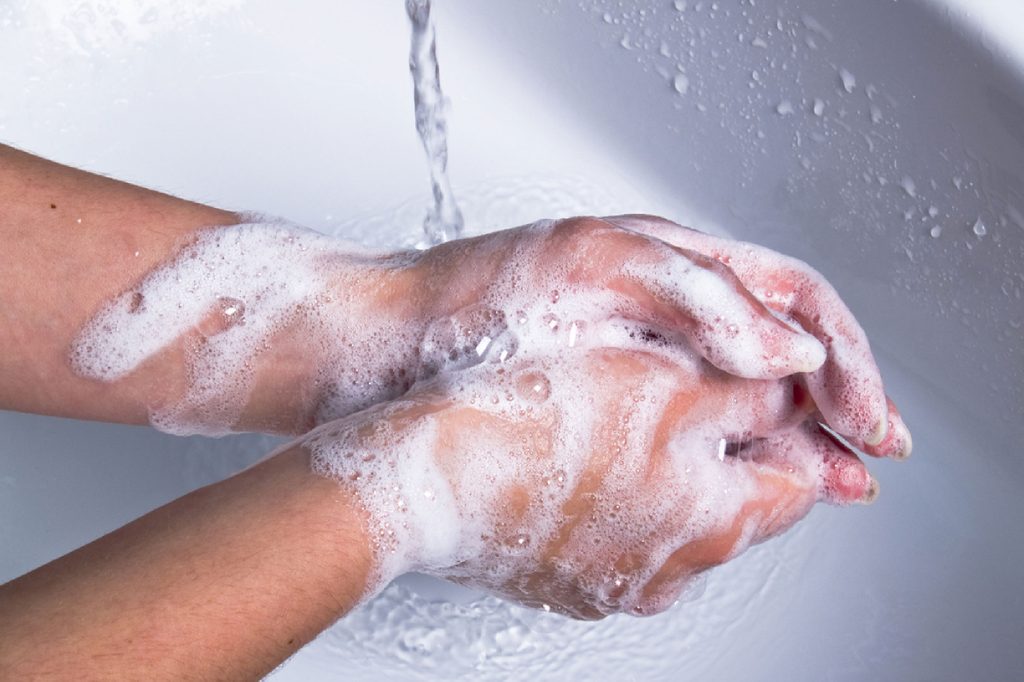
They aren’t germaphobes
If you are one of those people who wonder if bar soap really holds onto germs, you might actually be more likely to get sick—because you’re too concerned with cleaning. “Of course, wash your hands after you use the restroom, but don’t go crazy sanitizing everything,” says Katie Rey of Syracuse, New York, who says she rarely gets sick. “I think my parents let me get dirty and it built up my immunity!” Dr. Lipman says there is some scientific basis for this (known as the hygiene hypothesis). “Good bugs are essential for our health and immunity as they keep our microbiome and our immune system functioning optimally,” he says. “Exposure to all kinds of bacteria is how we build an immune system that is balanced and strong.” Overuse of products that kill both good and bad bugs, including antibacterial soaps and hand sanitizers and antibiotics, can have negative effects on our health as they limit the bacteria we are exposed to and kill off the good bugs that are protecting us, he says.

They hit the gym
It’s no surprise that exercise is good for you, but it may also help the way your body responds to infection. Rey, a frequent runner, says regular exercise is one reason she never gets sick. “Regular, moderate exercise may improve the immune system and aid in the prevention of illness,” Palinski-Wade says. “One small study found that regular exercise prevented catching the common cold when compared to individuals who do not exercise regularly.” (Don’t miss these 15 surprising ways to prevent a cold.)
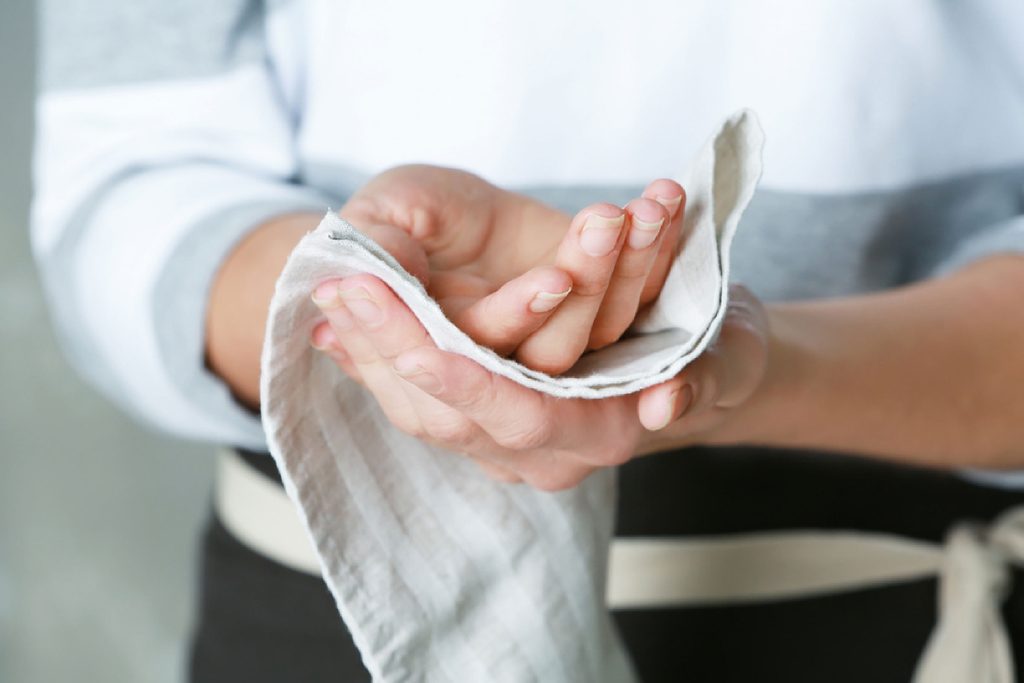
They change their hand towels
How often should you really be washing your bath towels? Every two to three days. But, hand towels are even more prone to germs because multiple people use them, and they might not be properly cleaning their hands—so you might want to change them every day. “Viral transmission can happen fairly quickly within the home,” says Dr. Nandi. So if a family member is sick, changing sheets and pillowcases can also help reduce the likelihood of transmission.
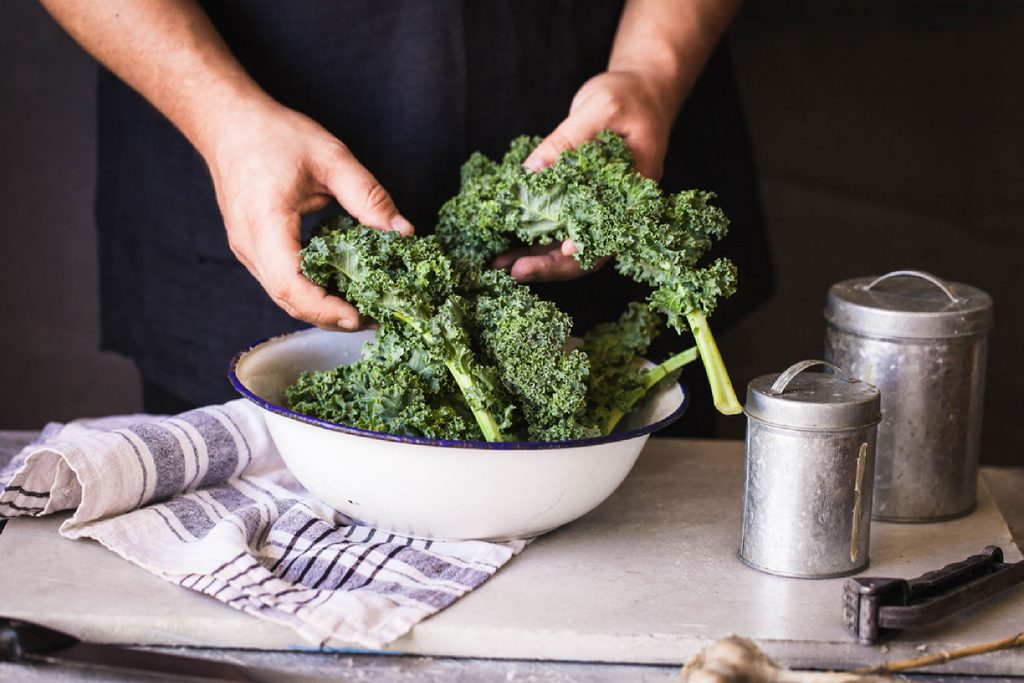
They make friends with kale
Tappen credits her vegetarian diet for keeping her healthy. “Vegetables are packed full of antioxidants, which fight against free radicals that can damage cells and weaken the immune system,” Palinski-Wade says. “Dark green, leafy vegetables are packed full of vitamin C, which may help to reduce the duration of a cold slightly. Spinach and mushrooms are also a good source of zinc, which has also been shown to reduce the duration of the common cold.” Dr. Miranda also advises eating less processed foods in favor of a more plant-based diet. (This is what happens when you don’t get enough fruits and vegetables.)
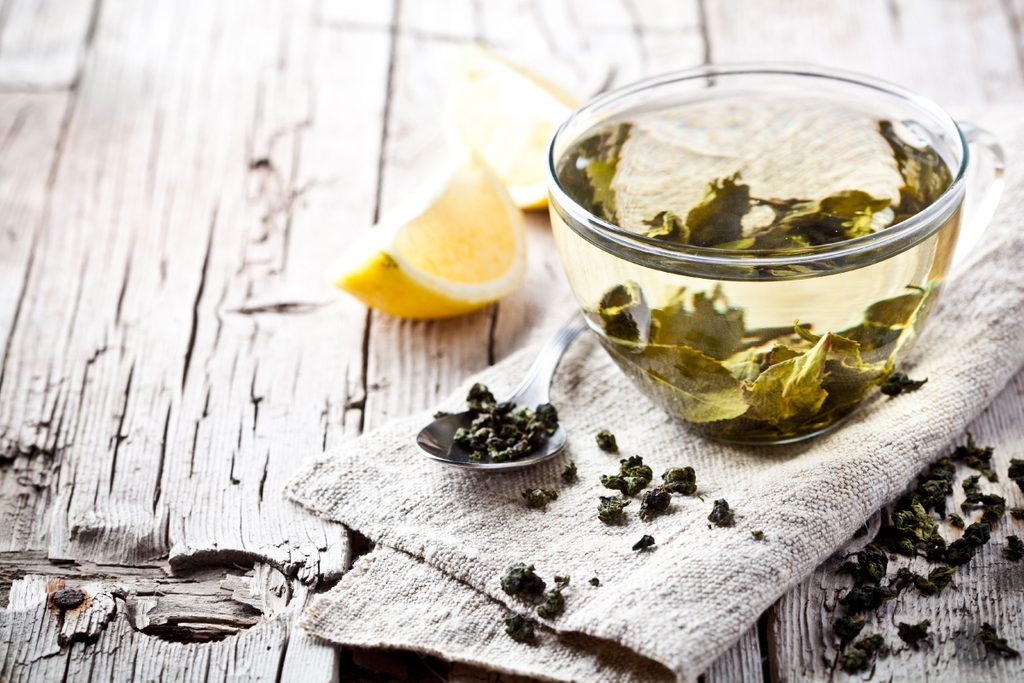
They go for green tea
Among the many health benefits of green tea may be a boost to the immune system, according to 2018 research in Molecules. “Green tea seems to have an impact on reducing the instance of catching a virus as well as reducing the duration of a virus,” Palinski-Wade says. “The antioxidants in green tea have been found to block the various phases of infection of healthy cells, weakening a virus, and reducing the duration of cold-like symptoms and fever.” (Here are more reasons why you should drink green tea if you feel like you’re getting sick.)

They get together with friends
Laughter really is the best medicine, and sharing happy times with loved ones may increase the likelihood you’ll stay healthy. “The human body adapts to whatever environment you expose it to, so if you expose it to an environment with a lot of negative stressors like negative thoughts and people who are not supportive of you, the body undergoes more stress and this has a negative impact on your overall health,” Dr. Miranda says. “When you expose the body to a positive environment, supportive friends and family, and work on stress relief with laughing therapy, the body experiences less stress and this has positive health benefits.” A study in Proceedings of the National Academy of Sciences found that having strong social relationships may positively impact longevity. So connecting with friends and family, even virtually, could be beneficial in more ways than one.
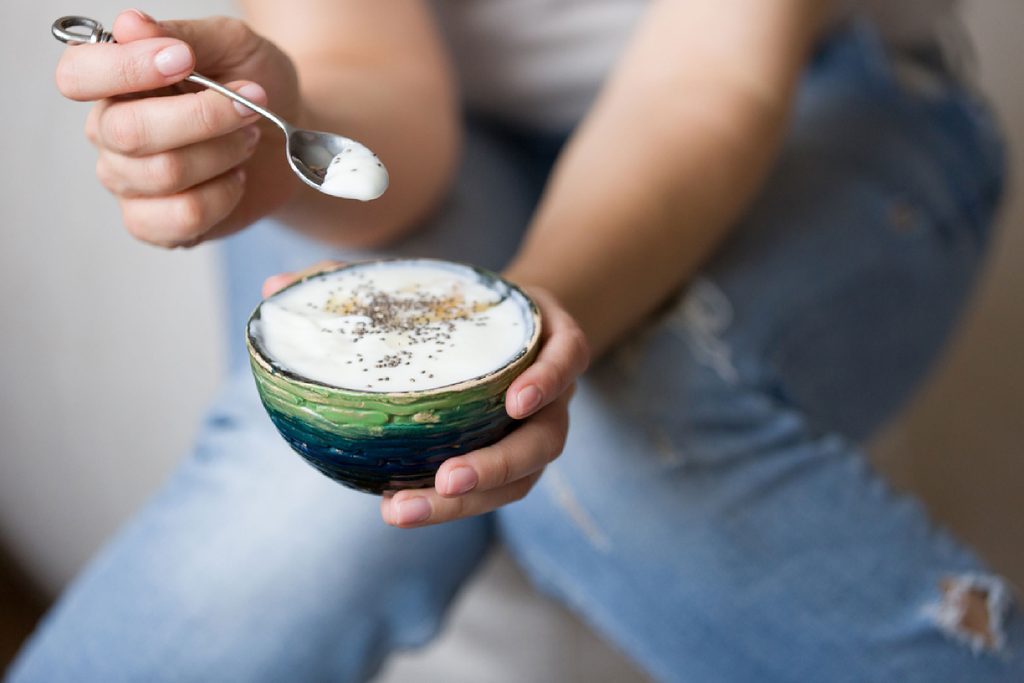
They eat their yogurt
It’s time to get the facts about probiotics, which have tons of health benefits including preventing you from getting sick. Found in yogurt, fermented foods, some cheeses, and supplements, they regulate the good and bad bacteria in your gut microbiome. Banafato says supplementing with a quality probiotic helps her stay healthy. “The majority of our immune system is based in our gut,” says Palinski-Wade. “A healthy gut reduces inflammation in the body, allowing it to better fight off potential infections.”A study in Medicine (Baltimore) found supplementation with probiotics to reduce upper respiratory tract infections. (On the other hand, these seven foods may make your cold or flu worse.)

They think positive
You can develop a positive attitude in six easy steps, and your immune system will thank you for it. “Our mental health has a huge impact on our physical health,” Dr. Lipman says. “A great example of this is stress as we can often see and feel how dramatically it can affect our mental and physical state.” A negative outlook, therefore, can weaken your body’s defenses against illness. “Mind and body are not separate, and having a good attitude can make all the difference in the world with maintaining a healthy lifestyle,” Dr. Miranda says. Studies have shown that optimism can positively impact everything from disease outcomes to longevity. (Don’t miss the 11 things doctors do to treat the flu.)


